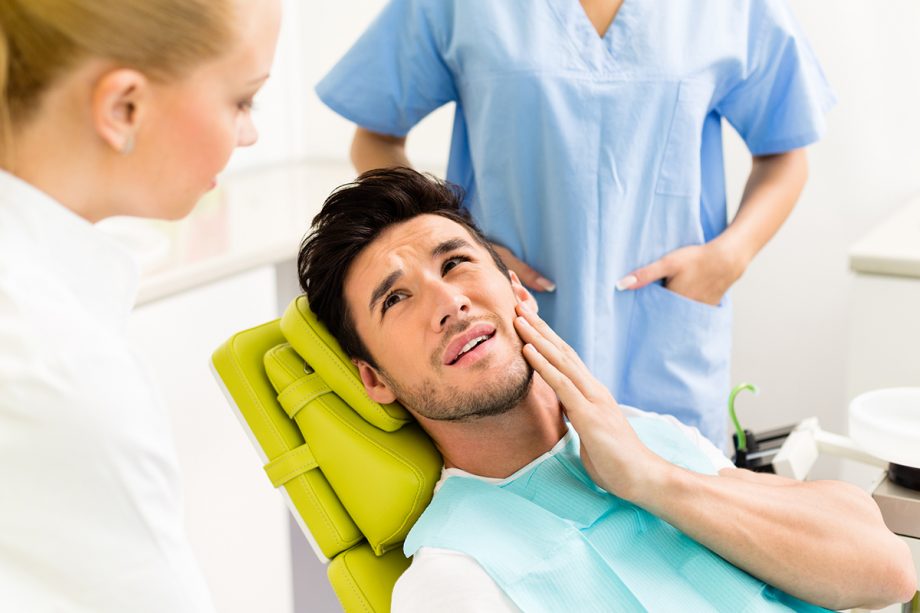All it takes is one bite down on something hard and you can crack your tooth. It doesn’t matter how fantastic your oral health is or how habitually you maintain your oral hygiene, there may come a time that you find yourself with a cracked tooth.
How do you know if the crack is serious? Should you seek treatment from your dentist? Let’s just say that the key to successfully treating your cracked tooth is to recognize it is there and have it addressed as soon as possible.
Understanding a Cracked Tooth
Just as every crack in the sidewalk is unique, so are the cracks in teeth. It may be a very shallow crack only impacting the surface enamel. Or it may be a bit deeper with the crack going through the inner layers - maybe even all the way to the root. The crack may or may not be visible. You may try to look in the mirror with a flashlight to see if you can find it, but you can’t always see it. Sometimes an X-ray or even dental dye is required to see if the crack exists.
Can any tooth crack? Absolutely. But not all teeth are created equal when it comes to experiencing them. Some tend to be a little more susceptible to cracks than others, such as molars and teeth that have been previously filled. This is likely because molars take the biggest force when we chew - and filled teeth have already suffered decay and may not be as structurally sound as other teeth.
Signs and Symptoms of a Cracked Tooth
If you can’t visibly see your cracked tooth, you may be wondering how you will ever know to seek treatment. First, regular trips to your dentist every six months can lead to early detection. Your dental team will be able to take steps to fix the crack before symptoms kick in.
Second, if you can’t see the crack and you haven’t been to the dentist, you will soon start recognizing that the tooth is in distress. Below are the signs and symptoms to look out for.
Pain when chewing. If your tooth is cracked in any way, biting down to chew may cause pain. It could hurt all the time or intermittently, but the pain worsens with the force of a bite.
Sensitivity. If your tooth is suddenly sensitive to cold and hot foods and beverages, it may very well be cracked. Pain from sensitivity usually comes in the form of a sharp jab that will diminish when the aggravating cold/hot item is removed. For some, it does the same with overly sweet treats, too.
Swelling of the gums. If your crack is deep, then the gums could be affected. This will lead to tender and/or swollen gums around the tooth.
Infection in the tooth. Not addressing a cracked tooth can lead to infections. Bits and particles can make their way into the tooth and wreak havoc. Signs to look out for here are swelling, pain, bad breath, and even fever.
Let Ridgewood Endodontics Save Your Cracked Tooth
Cracked teeth will affect everyone differently, depending on their location, the size of the crack, and the pain tolerance of the individual.
If you have cracked a tooth or believe you may have, then it is important to be seen by a dentist as soon as possible. At Ridgewood Endodontics, we have the skill and experience to provide you with the best treatment available.
Contact our office at 201-447-4404. Or, schedule an appointment online.

